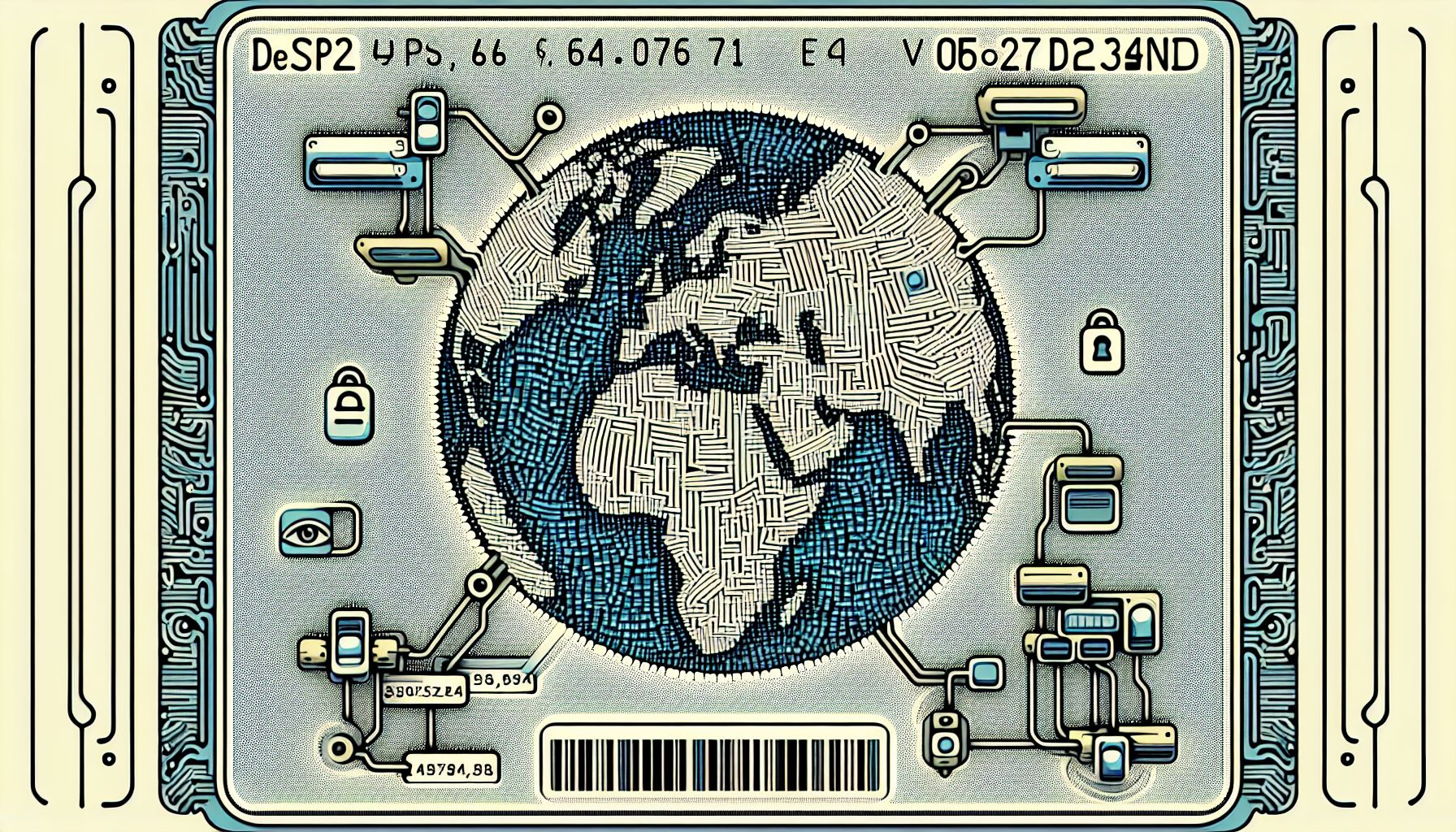Global Project Maps License Plate Surveillance Network

Global, Monday, 11 November 2024.
DeFlock, an open-source initiative, is mapping Automated License Plate Recognition (ALPR) cameras worldwide. The project aims to increase transparency about global surveillance practices, raising awareness of privacy concerns in an increasingly monitored society.
A Growing Web of Surveillance
In recent years, the proliferation of Automated License Plate Recognition (ALPR) systems has created a complex web of surveillance tools across the globe. DeFlock’s project aims to shed light on this vast network by mapping over a thousand ALPR locations in the United States alone, with thousands more identified worldwide[1]. This effort not only seeks to document the extent of surveillance but also to spark public discourse on the implications of such widespread monitoring.
Local and Global Implications
ALPR technology, operated by major companies like Flock, Motorola, and Avigilon, has become a staple in law enforcement and traffic management. These systems utilize optical character recognition to read license plates, providing real-time data that can be used for a variety of purposes, from crime prevention to traffic management[2]. However, the technology’s omnipresence raises significant privacy concerns, prompting debates over its role in public spaces and the potential for misuse.
Technological Advancements and Market Growth
The ALPR market is experiencing robust growth, driven by advancements in artificial intelligence and machine learning that enhance the accuracy and speed of license plate recognition. Between 2024 and 2031, the global market is projected to grow at a compound annual growth rate (CAGR) of 8.7%[3]. Despite the promising technological developments, the market faces challenges such as privacy issues and the high costs of implementation.
Transparency and Public Awareness
Will Freeman, the creator of DeFlock, emphasizes the importance of public awareness regarding the pervasive nature of ALPR systems. His initiative not only maps these surveillance tools but also encourages community engagement through signs and social media[1]. By making this information accessible, DeFlock hopes to empower individuals to better understand and engage with the ongoing conversation about surveillance and privacy.
Conclusion
As the world becomes increasingly interconnected, the balance between security and privacy continues to be a critical issue. DeFlock’s initiative highlights the need for transparency in surveillance practices and encourages a broader discussion about the implications of living in a monitored society. As technology advances, the challenge will be to harness these tools responsibly, ensuring that they serve the public good without compromising individual rights.